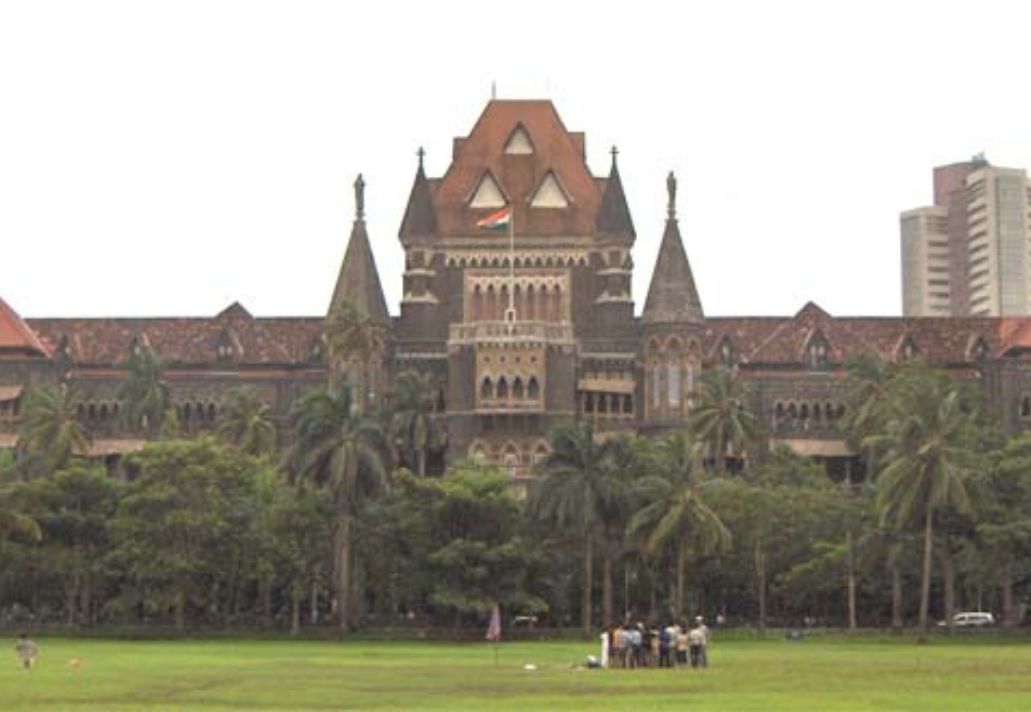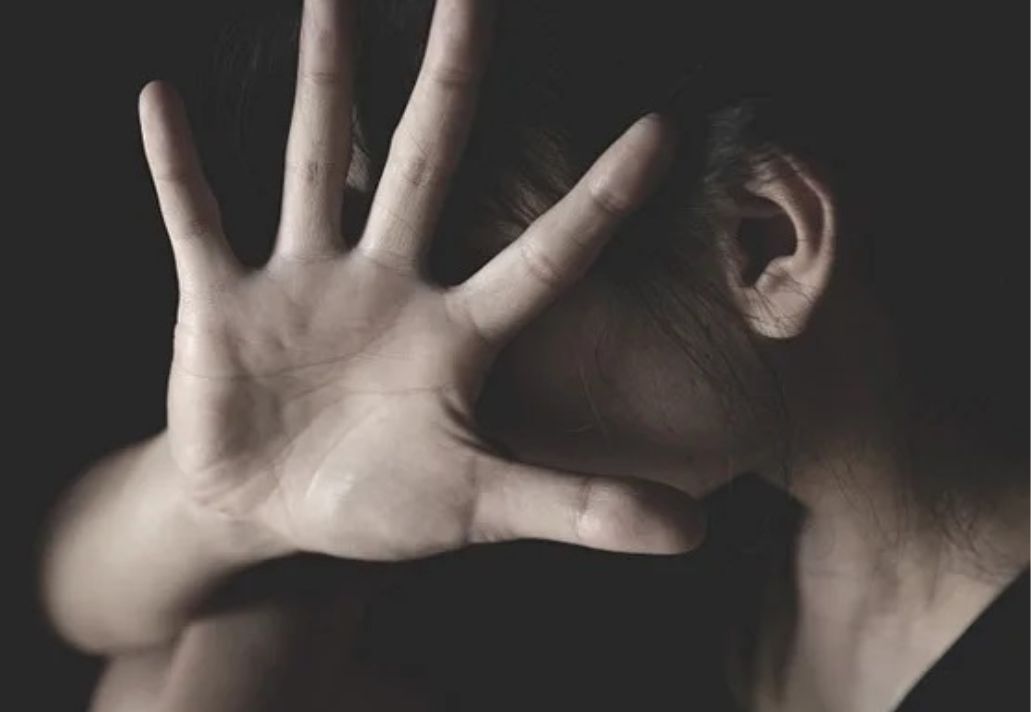The Bombay High Court has held that DNA testing cannot be called conclusive evidence in rape cases and can only be used as corroborative evidence. The court made this observation while rejecting the bail plea of a man accused of raping a 14-year-old girl. The court rejected the bail application of the accused on July 26, but a detailed order was issued on Friday.
Justice Bharti Dangre said, “The DNA test excludes the man as the father of the child, but that does not discredit the victim, who has reiterated in her 164 statement that the applicant forcibly committed sexual intercourse with her. As per the charge-sheet, the man has taken undue advantage of the victim’s situation, who was working in his house. There is no reason to disbelieve the testimony of the victim who has narrated the act of sexual assault upon her at the instance of the applicant.”

She also added, “The DNA test cannot be said to be conclusive evidence regarding a rape, but it can only be used as corroborative evidence.”

The Bombay High Court noted that the girl’s medical examination found no evidence of sexual intercourse as she was examined after seven months. Judge Dangre reviewed the order of the Supreme Court and said, “Though a positive result of DNA would constitute clinching evidence against the accused, if the result is negative, the other material on record will still have to be considered independently. there is no reason to doubt the said statement where the victim has clearly stated about the sexual exploitation at the hands of the applicant, and further, considering the victim’s family’s precarious situation, there is every likelihood of the victim and his family being pressurised by the accused.”

